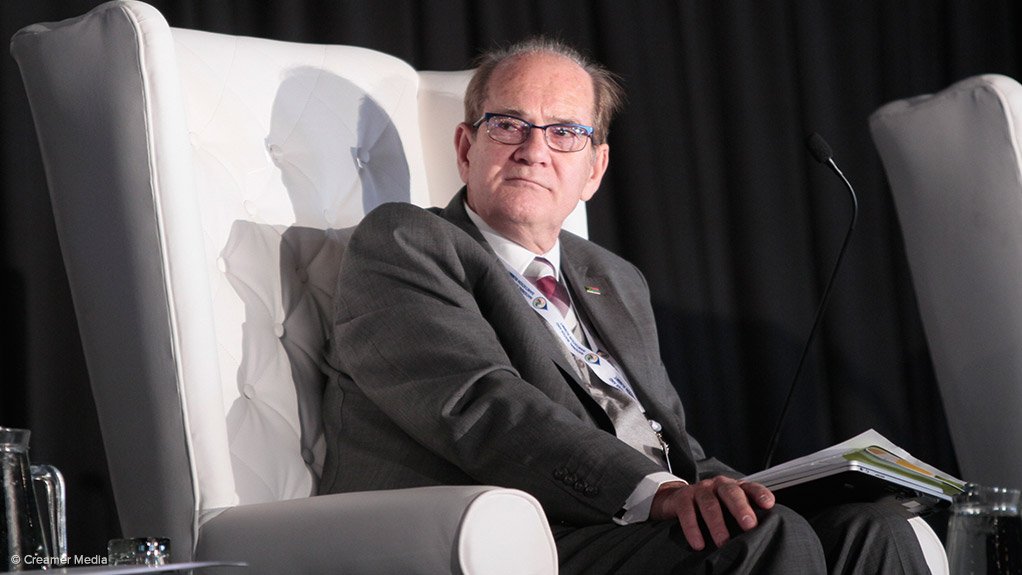The current review of South Africa’s water legislation could result in the second National Water Resource Strategy (NWRS-2), which was gazetted in August 2013, having to be changed before it’s five-year period expired, Department of Water and Sanitation (DWS) acting director-general Trevor Balzer said on Friday.
Speaking during a session on the state of South Africa’s water resources at the 2014 National Water Summit, in Boksburg, he stated that, following the legislative and policy review that was currently under way, South Africa would “in all probability” end up with a single water Act.
“We will not see the National Water Act and the Water Services Act going forward, and that means that, if it happens within the next year or two, before the end of the current NWRS-2 [period], we might be developing a NWRS in a different form,” he said.
Balzer also referred to comments made by Cooperative Governance and Traditional Affairs Minister Pravin Gordhan at the summit, regarding requirements that municipalities implement a ten-year planning period.
“And one would immediately ask the question, do we need to reposition ourselves as well?
“When we go into the new water Act, we [might] have to reposition ourselves and talk about a new NWRS that has a ten-year window rather than a five-year window,” he added.
WATER CRISIS?
Meanwhile, Balzer noted that, while the country was classified as a water scarce country, he did not believe it was sliding into a water crisis.
He said a water crisis situation in South Africa could be avoided if all parties worked together to achieve effective implementation of water conservation and water demand management measures, while also focusing on large-scale effluent reuse.
In terms of water use efficiency, Balzer noted that a DWS study of 905 South African towns had found that 83% did not have water use efficiency plans in place. This would be an important challenge for municipalities in future.
Further, unlawful water use would also have to be curbed and large-scale and properly managed groundwater use would have to be promoted.
Balzer reiterated that South Africa’s water mix had to be altered to make use of under-utilised water resources such as groundwater, the reuse of water, desalination, rainwater and fog harvesting.
He added that treated acid mine drainage water from the Witwatersrand basins could also, in future, be used to augment the country’s water supply.
Meanwhile, deteriorating water quality also had to be countered and timely decisions had to be taken on appropriate investments.
EMAIL THIS ARTICLE SAVE THIS ARTICLE
To subscribe email subscriptions@creamermedia.co.za or click here
To advertise email advertising@creamermedia.co.za or click here











